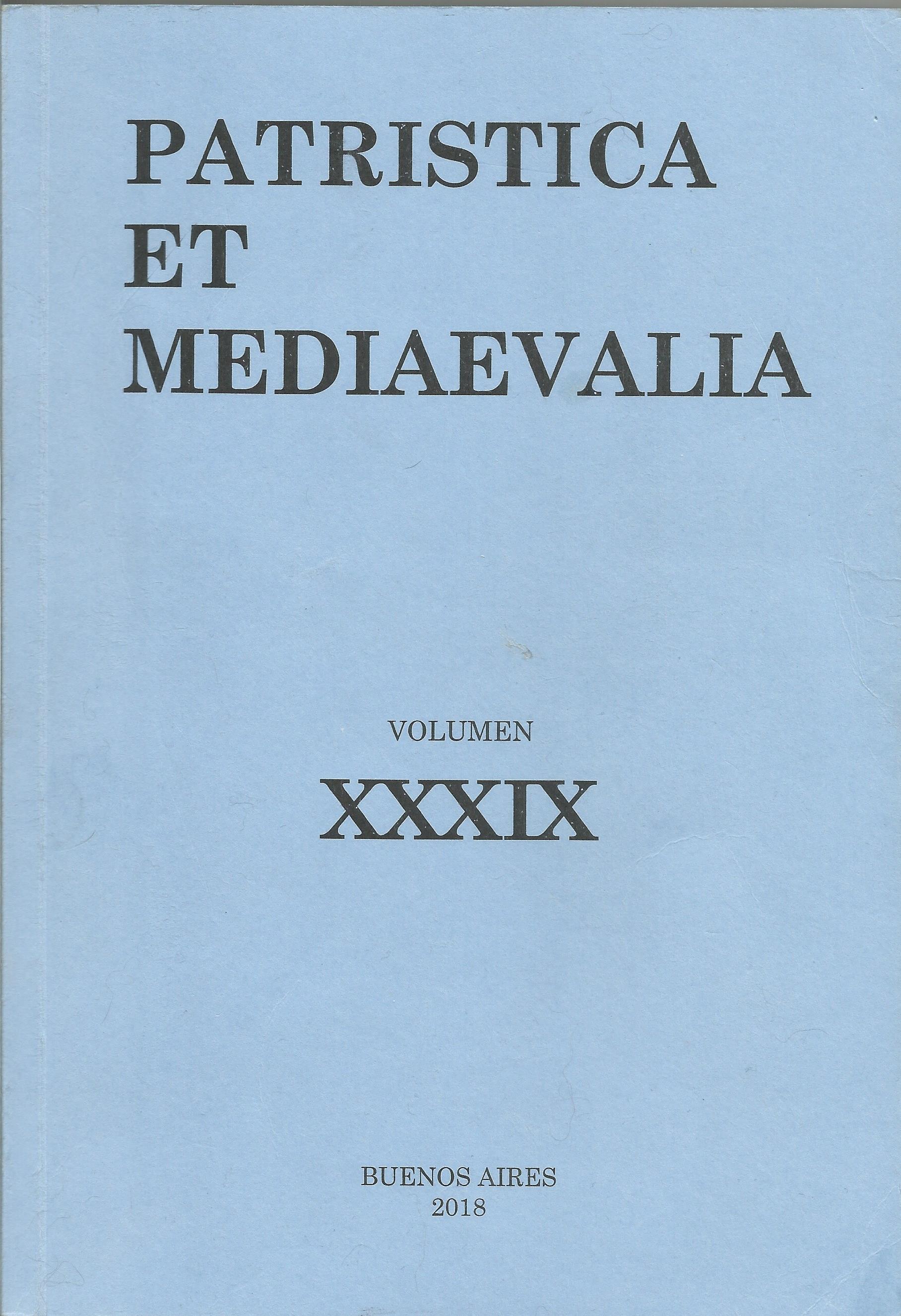The Function of the Pars Valentior in the 'Defensor Pacis' of Marsilius of Padua: Political or Philosophical Player?
Abstract
In this paper I propose to clarify the nature, function and political or philosophical value of the pars valentior. I will try to show: 1) that its function within the civitas is not identical or similar to that of universitas civium; 2) that, being a body whose role is active in the legislative process, its task cannot be considered as purely consultative.Downloads
References
Battaglia, F. (1928). Marsilio do Padova e la filosofia politica del Medio Evo. Florencia: Le Monnier.
Dolcivi, C. (1999). Introduzione a Marsilio do Padova. Roma-Bari: Laterza.
Gewirrt, A. (1951). Marsilius of Padua and the Medieval Political Philosophy. Londres: Mc Millan.
Lagarde, G. (1970). La naissance de l’esprit laique au déclin du Moyen Âge, Marsile de Padoue, III, Le Defensor Pacis. Lovait-Paris: Nauwelaerts.
Quillet, J. (1970). La philosophie politique de Marsile de Padoue. Librarie Philosophique J. Vrin. Paris.
Simonetta, S. (1999). Dal Difensore della Pace al Leviatano (Marsilio da Padova nell’Inghilterra del Seicento). Milán: Unicopli.
Simonetta, S. (2000). Marsilio in Inghilterra, Stato e Chiesa nel pensiero politico inglese tra XIV e XVI secolo. Milán: LED.
Sparano, A. (2017). Dall'Ἀγαϑόν alla vita sufficiens. Declino e rinascita del dialogo politico. Roma: Aracne Editrice.
Toscano, A. (1981). Marsilio do Padova e Nicollo Machiavelli. Ravenna: Longo editori.
1. The authors who publish in this magazine accept the following conditions:
-
They retain the copyright and grant to the magazine the right of the first publication, with the work registered under the Attribution-ShareAlike 4.0 International License that allows third parties to use what is published as long as they mention the authorship of the work and the first publication in this magazine.
-
They can make other independent and additional contractual agreements for the non-exclusive distribution of the version of the article published in this magazine (eg. include it in an institutional repository or publish it in a book) provided that they clearly indicate that the work was first published in this journal.
-
They are allowed and recommended to publish their work on the Internet (for example on institutional or personal pages).
2. AutoArchive Conditions. Authors are allowed and encouraged to distribute post-print electronic versions of their manuscripts because it promotes their circulation, a possible increase of quotation and a major reach among the Academic community. Color RoMEO: blue.













